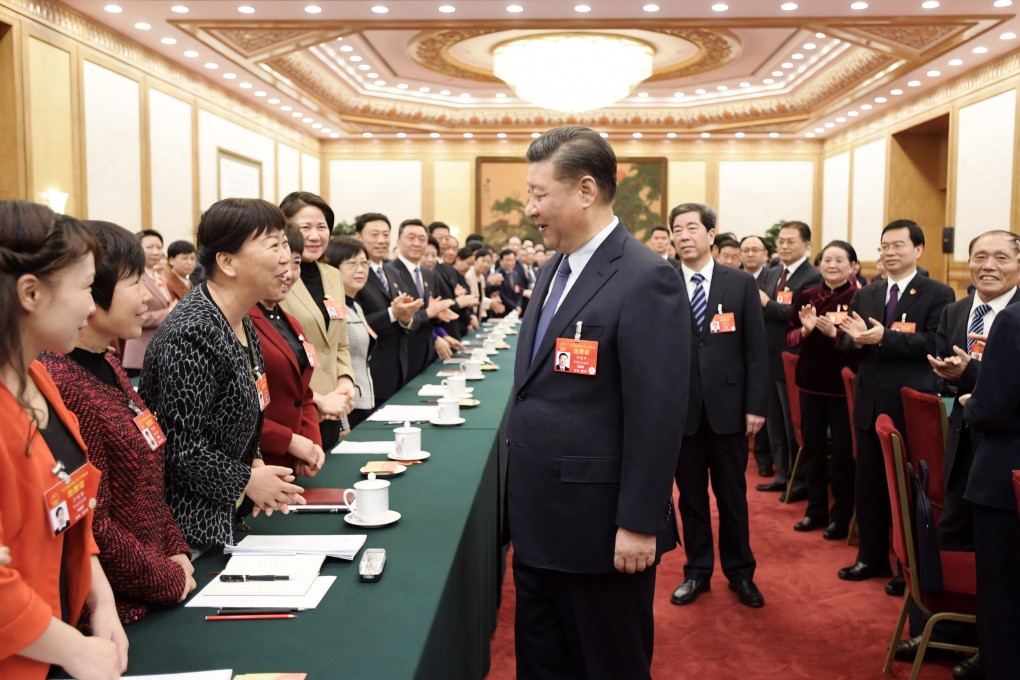Opinion | China’s foreign investment law will be credible. Xi Jinping will see to it
- The Chinese president’s commitment to globalisation, and understanding that China’s credibility is at stake, will ensure the proposed law will indeed curb predatory practices aimed at foreign businesses and level the playing field for them

The development of the foreign investment law offers insight into the legislative process in China. The law entered the State Council's legislative plan in 2014, and in 2015, the Ministry of Commerce posted on its website a draft of the law for the purpose of soliciting opinions, an increasingly common feature of “Chinese democracy”, where the people exercise de facto control over the purveyors of bad practice.
The draft law consists of 41 articles in six parts, stressing investment promotion, protection, management, and legal responsibility. It requires national and local governments to upgrade their foreign investment services so that they become more convenient, efficient and transparent. Local governments are directed to abide strictly by policy commitments made to foreign investors and foreign-invested enterprises in accordance with the law.
Beijing believes that the foreign investment law will become the most important legal milestone in China’s continuing process of opening up to the outside world, following China entry into the World Trade Organisation in 2001. The law’s prime objectives are to improve the openness, transparency and predictability of the investment environment for foreign investors.
